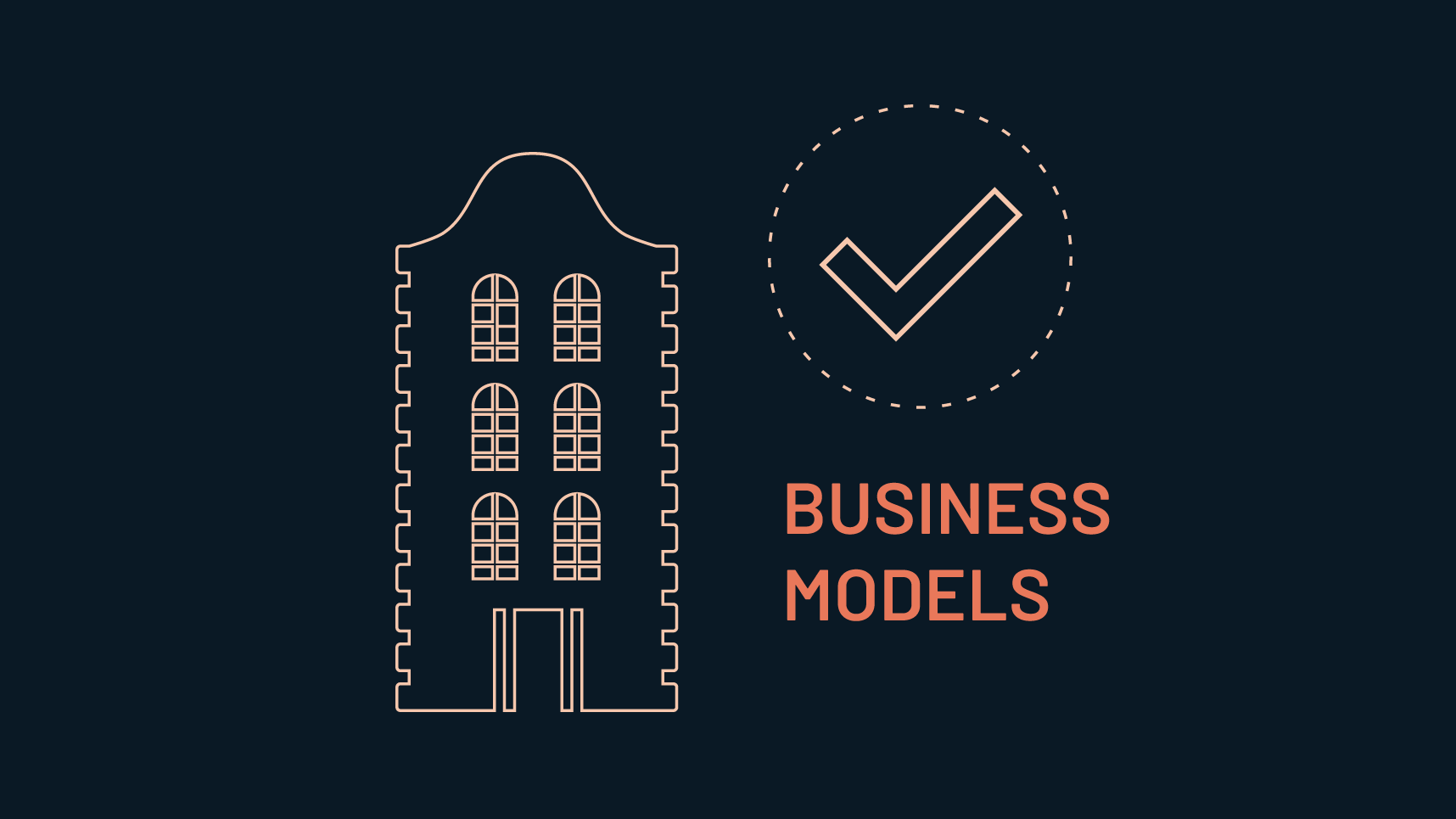The Real Estate industry is undergoing a transformative shift with the integration of advanced digital technologies. Among these, digital twins are emerging as a tool that can significantly enhance various aspects of property management and construction.
New digital solutions have the potential to revolutionise construction and management processes, offering innovative solutions and establishing new market conditions in the Real Estate industry. Applications, such as digital twins interconnect virtual and physical representations buildings, enabling the collection and analysis of vast amounts of data. This data can include information on energy and water consumption, temperature, humidity, air quality, usage patterns, carbon dioxide levels, and occupant presence, which can be utilised to create optimal operation schedules and advanced property automation systems.
Digital twins present substantial advantages by seamlessly merging design and production stages, facilitating the adoption of IoT technologies. They allow for greater flexibility, rapid adjustments, improved security in both the physical and digital realms, and the integration of AI and machine learning throughout a building’s lifecycle. These features open up new opportunities and value propositions, reshaping the offerings in the Real Estate market and redefining property valuation methods.
The progression of digital technology has a profound effect on the market. We can expect shifts in customer experiences and behaviors in the property sector, impacting the types of properties and rental spaces in demand, the services sought by customers, and the corresponding pricing and rental rates. Additionally, operational costs are projected to decrease due to reduced energy expenses. Embedded sensors in the buildings can detect issues enabling early prediction of potential failures, minimising repair costs and optimising maintenance requirements. This proactive approach offers efficient operation and extends the building’s lifespan.
New digital technologies also address growing tenant demands for efficient use of meeting spaces and other areas within buildings, increasing requirements for environmentally friendly and flexible living conditions, and adaptable indoor environments that accommodate various activities, including work and leisure.
We aim to investigate the impact of widespread digital solutions on Real Estate value. We explore the new value propositions created and the business models that can capitalise on these opportunities. Specifically, we examine how the interaction and integration between digital and physical buildings generate new environments and values that organisations can incorporate into their business strategies. Our study explores how various types of digital solutions can be supported by business logic and how this influences property valuation.
Additionally, we assess how digital solutions transform building management and usage, affect cost distribution, and impact net operating income, ultimately influencing property value. We further research the scalability and commercialisation possibilities of these digital tools and the effects and requirements they may have on organisations, processes, and business models.
It is expected that digital technology can be used to ensure the quality of and streamline the handover process between construction and management, thereby influencing costs related to guarantees, construction defects, and operational adjustments. This project aims to provide quantitative estimates of the effects of digital solutions application in the Real Estate industry.
Related projects
This project examines the impact of widespread digital solutions on property value, exploring digitalisation’s new value propositions and possible business models.
Contact Business models

Agnieszka Zalejska Jonsson
Researcher
Profile


